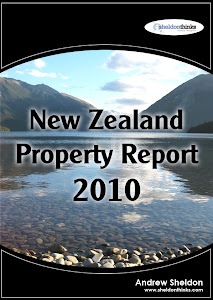The clear undesirability of this policy is that it entails theft of property from shareholders. It must be conceded that a legitimate case can be made for the public taking a cut in the development of a project, and for the state to act as a conduit for that. The problem is that this initiative has to be undertaken at the start; before a company has commenced exploration and established terms. They cannot arbitrarily breach terms and retain any credibility. That would constitute theft, and governments are supposed to protect people from theft, not be systematic exponents of theft. Otherwise:
1. Governments are no better than thieves
2. Provide a moral sanction for thieves in the broader community
Investors in mining stocks, particularly those with world-class projects, and most particularly the largest companies in the world, who tend to be the object of such 'revision' of terms - they are the most vulnerable. They risk being exposed to a systematic threat of sweeping reform of royalties. I call this the 'Gillard effect' after Julia Gillard, although Kevin Rudd should probably taken more credit; not to forget the petty academic who lives on government-extorted taxpayer funds, who actually dreamed up the theme. In fairness, it was Rudd & Gillard who executed it, but he gave it the moral sanction. As John Maynard Keynes proved, a government only needs one ambivalent or misguided academic to justify a systematic extortion racket.
Asian property markets outperforming Japan Foreclosed Guide Philippines Property Guide
Profit from mining with Global Mining Investing eBook








